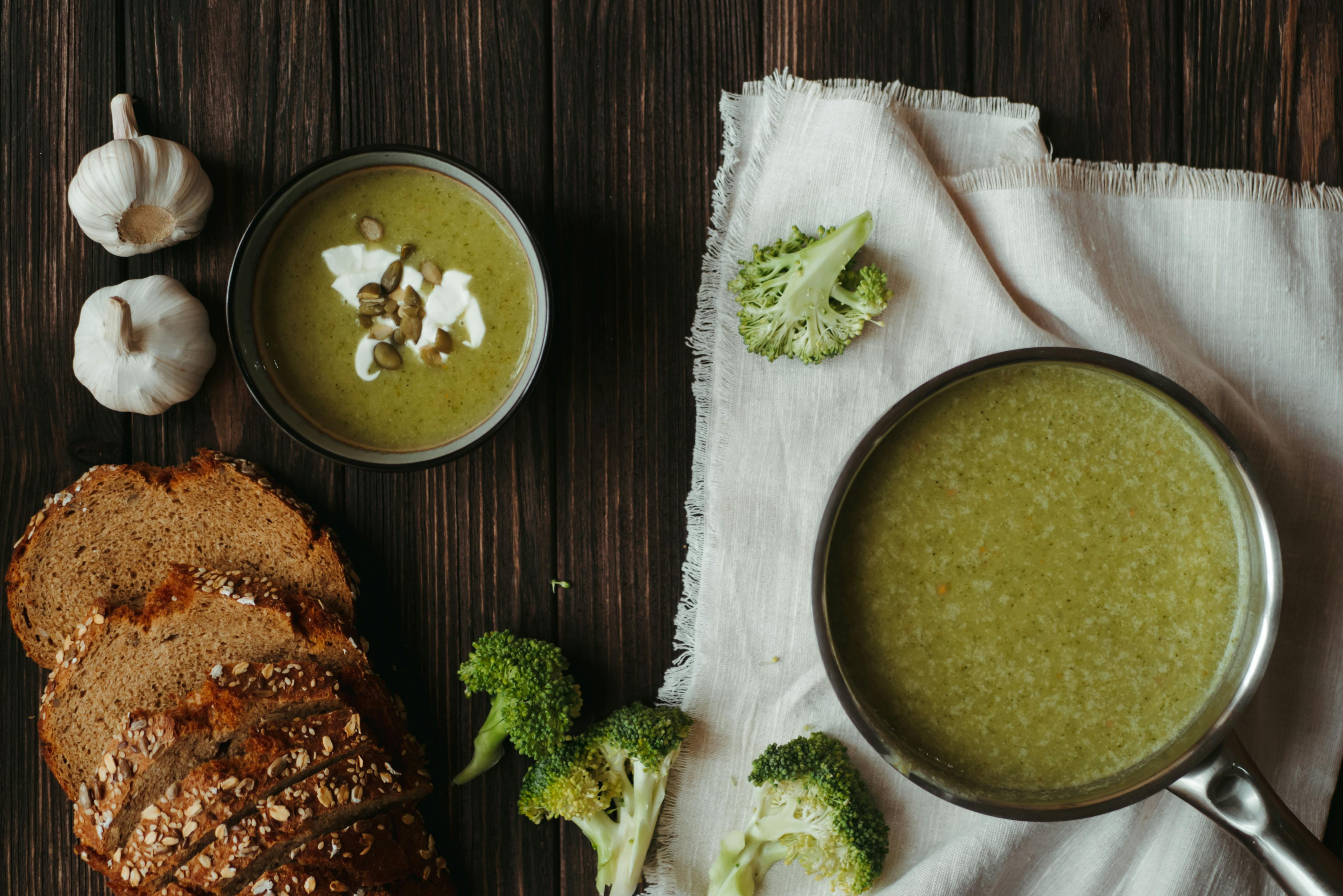As the holy month of Ramadan approaches, Muslims around the world eagerly anticipate a time of reflection, spiritual growth, and community. Fasting from dawn until sunset is a central practice during this period, serving as a means of self-discipline, empathy, and devotion. However, maintaining proper nutrition during Ramadan is essential to ensure that fasting is both spiritually fulfilling and physically sustainable. In this blog, we’ll explore the importance of balanced eating during Ramadan and highlight some nutritious foods to incorporate into your suhoor (pre-dawn meal) and iftar (meal to break the fast).
Balanced Nutrition During Ramadan:
Fasting during Ramadan involves abstaining from food and drink from dawn (suhoor) until sunset (iftar). While this period of fasting is an integral aspect of the religious observance, it’s crucial to maintain balanced nutrition to support overall health and well-being. Proper hydration, nutrient-rich foods, and mindful eating habits play a vital role in ensuring that individuals can fast comfortably while nourishing their bodies adequately.

Suhoor: The Pre-Dawn Meal: Suhoor is the pre-dawn meal consumed before the fast begins each day. It’s essential to choose foods that provide sustained energy throughout the day and keep you feeling full and hydrated. Here are some nutritious options for suhoor:
- Complex Carbohydrates: Foods like whole grains (oats, brown rice, whole wheat bread), fruits, and vegetables are excellent sources of complex carbohydrates. These foods release energy slowly, helping you feel satiated for longer periods.
- Protein-Rich Foods: Incorporate lean protein sources such as eggs, yogurt, cottage cheese, or legumes into your suhoor meal. Protein helps maintain muscle mass and provides lasting energy.
- Healthy Fats: Include sources of healthy fats such as nuts, seeds, avocado, and olive oil in your suhoor meal. Fats contribute to satiety and aid in the absorption of fat-soluble vitamins.
- Hydration: Drink plenty of water and hydrating fluids like coconut water or herbal teas to prevent dehydration during the day.